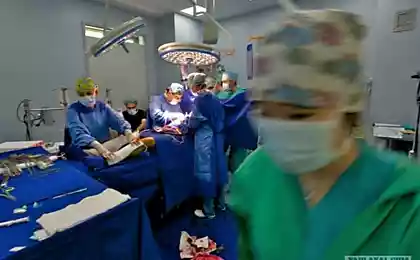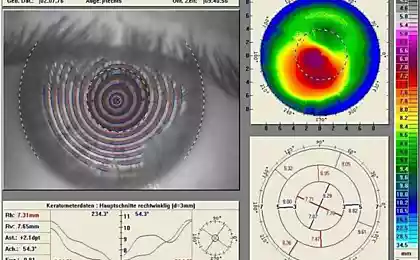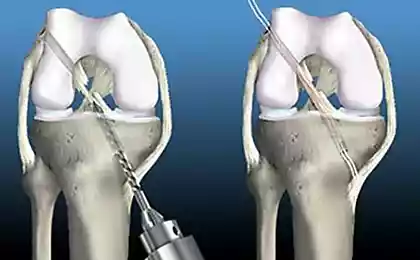425
Best anticoagulants after orthopedic procedures depends on type

Current guidelines do not distinguish between aspirin and more potent drugs to thin the blood and protect against blood clots in patients who have suffered serious orthopedic surgery. They leave the decision to the discretion of individual doctors. A new analysis published in the journal "Journal of Hospital Medicine" provides the needed information that summarizes existing studies about which medications are best after different types of surgery.
Every year hundreds of thousands of people undergo major orthopedic operations such as hip replacement or knee joint and repair a shattered hip. Patients undergoing such operations at risk of serious potentially fatal blood clots. Attempts to prevent blood clots with medications that thin the blood can be problematic, because they can worsen bleeding, which is another serious complication after surgery.
Indeed, there is considerable disagreement as to what type of drugs to use: aspirin or stronger medications to thin the blood called anticoagulants. Examples of anticoagulants include heparin and warfarin.
The scientists collected and compared all relevant studies that compared drugs used after surgery of the hip or knee. In their analysis included 8 studies random and 1408 patients. The analysis revealed that for hip or knee replacement, aspirin may be a good option, because it is as effective as heparin or warfarin to prevent blood clots, but with less risk of bleeding. After treatment of a hip fracture anticoagulant therapy is more useful.
"It is expected that the number of replacements of the hip and knee joints, treatment of destruction of the hip will continue to grow as the aging population. Major complications after these procedures are often clots or bleeding," said the study's lead author, doctor of medical science from the medical center for veterans Affairs Frank Drescher. "We hope that our results will help doctors make the decision and to decide how best to minimize the surgical risks."
Source: globalscience.ru























